A-Z of certifications
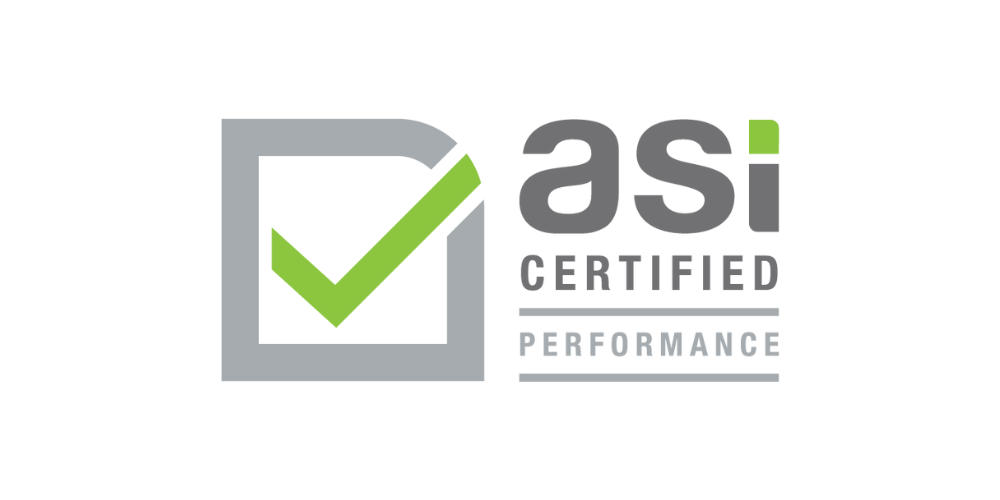
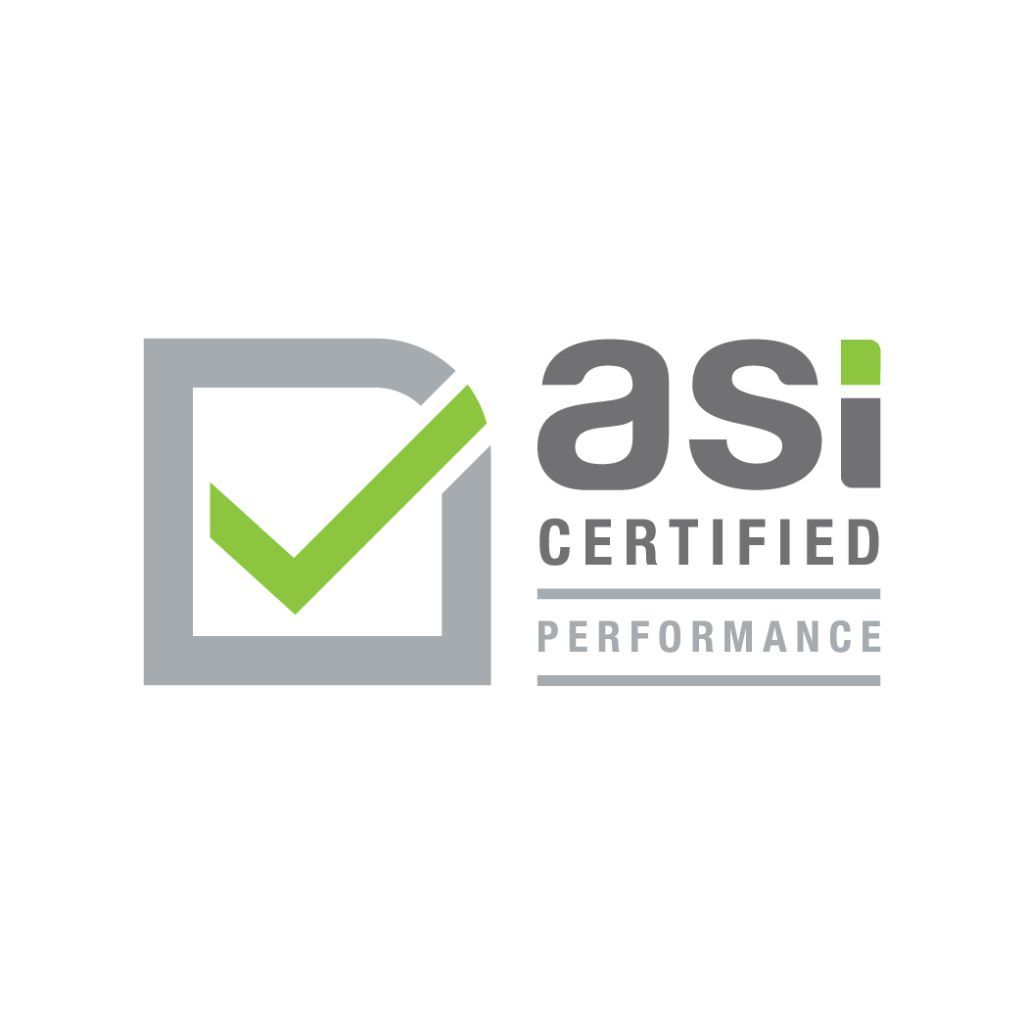
The ASI Performance and Chain of Custody Standards set requirements for the responsible production, sourcing and stewardship of aluminium, are globally applicable and encompass all stages of the aluminium value chain.
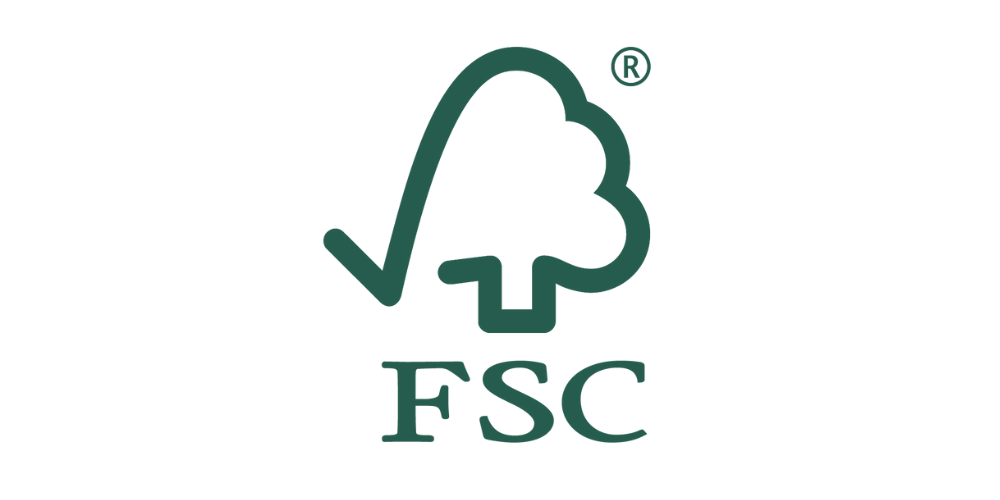
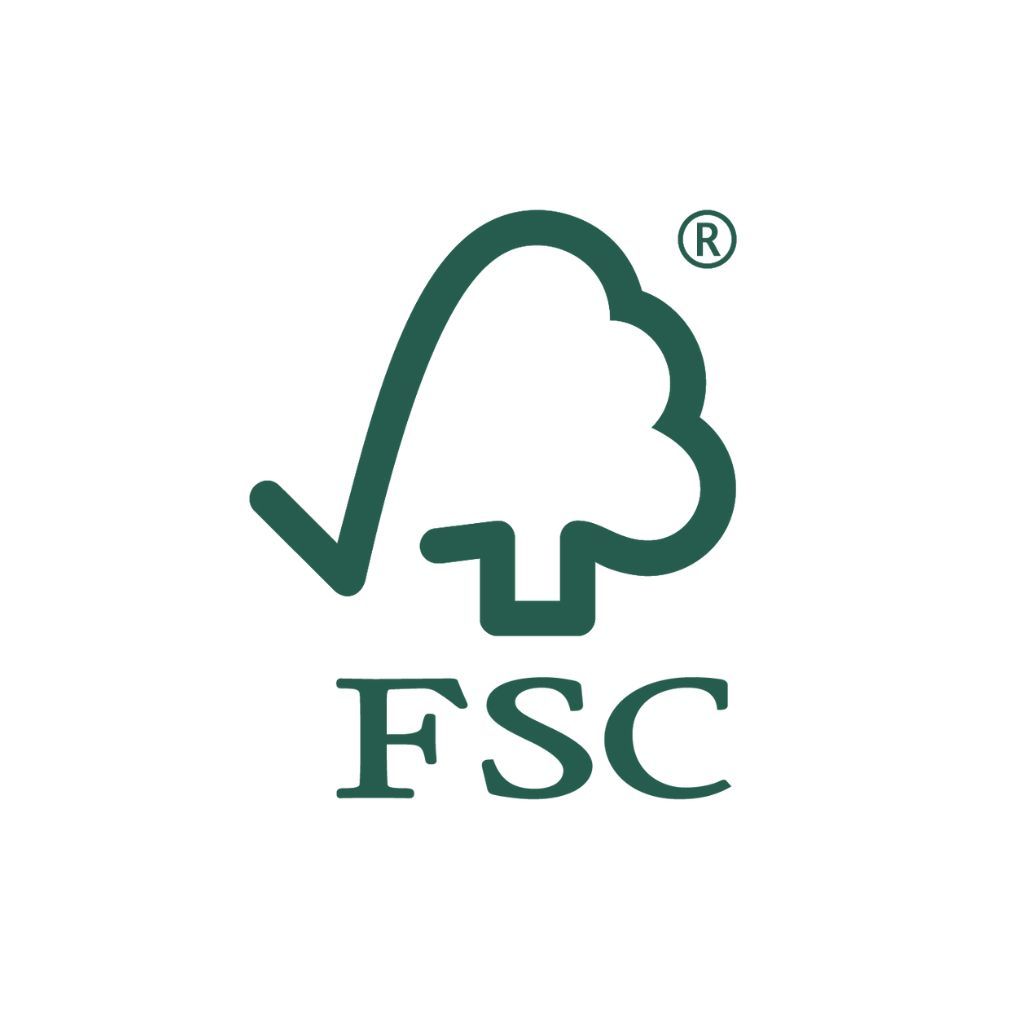
The FSC label on a finished product signals that the materials used during production have met the chain of custody requirements at every step in the supply chain, from sourcing to distribution.
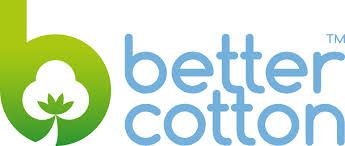
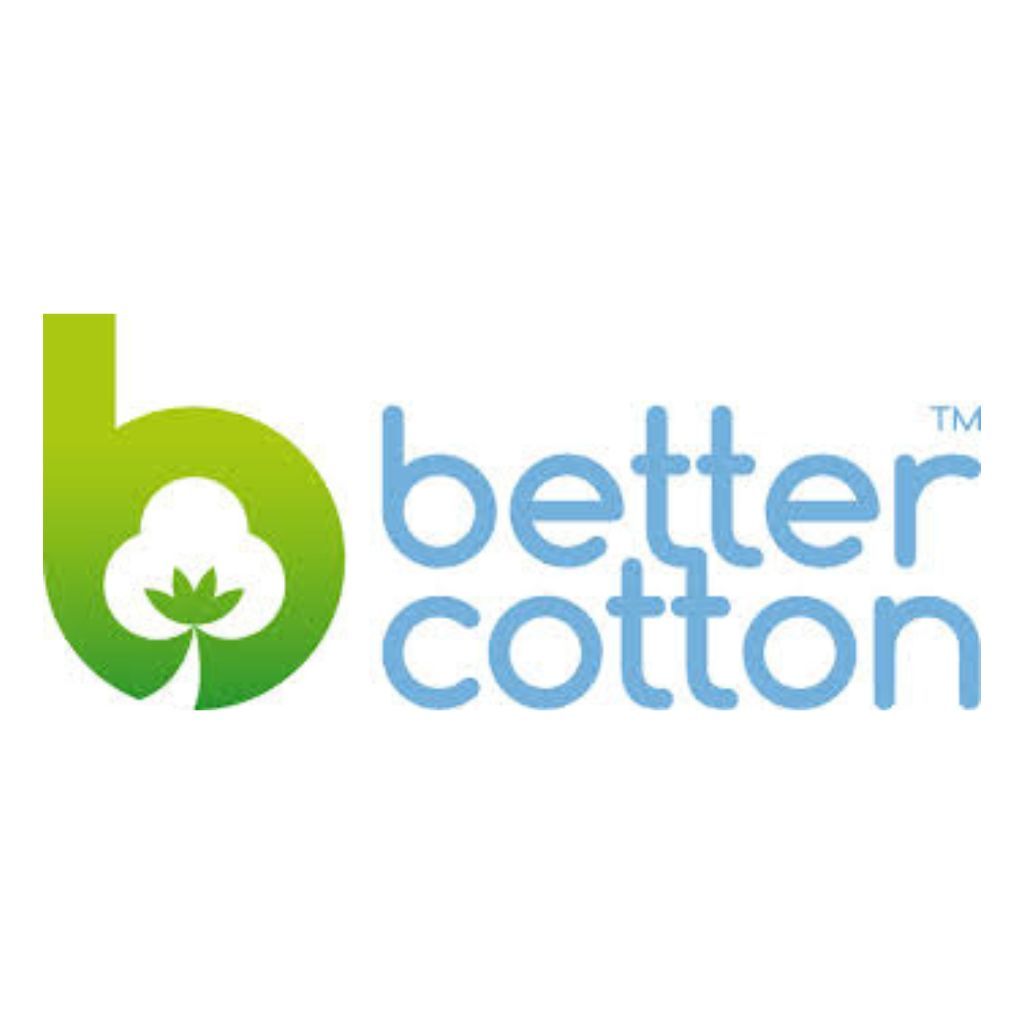
Better Cotton is the world’s leading sustainability initiative for cotton. Our mission is to help cotton communities survive and thrive, while protecting and restoring the environment.
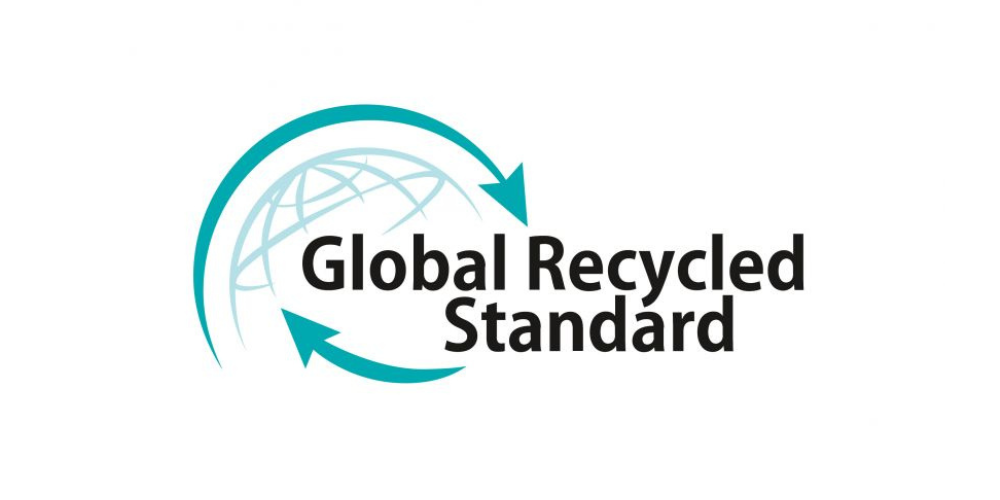
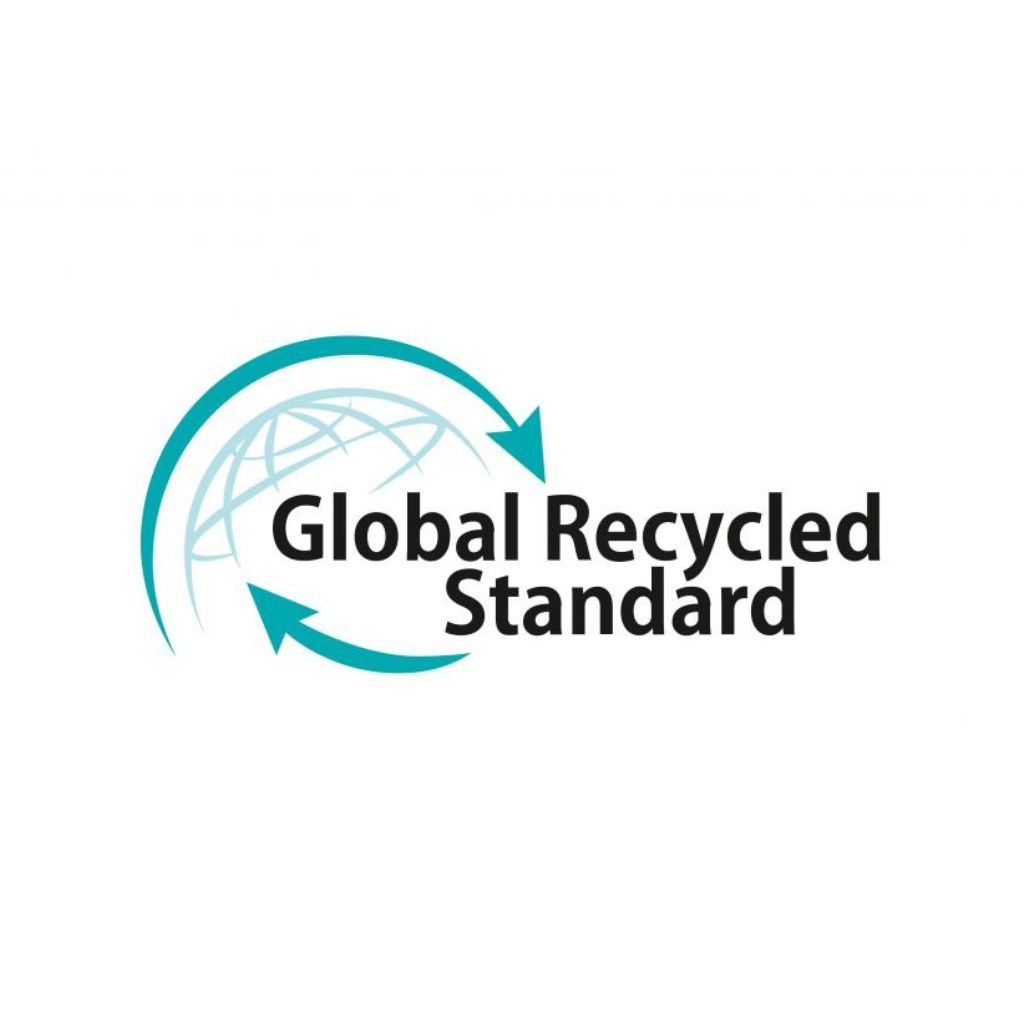
The Recycled Claim Standard (RCS) and Global Recycled Standard (GRS) set the criteria for the third-party certification of recycled materials and chain of custody. The GRS includes a higher (50%) minimum recycled content percentage and additional social and environmental requirements related to processing and chemical use.
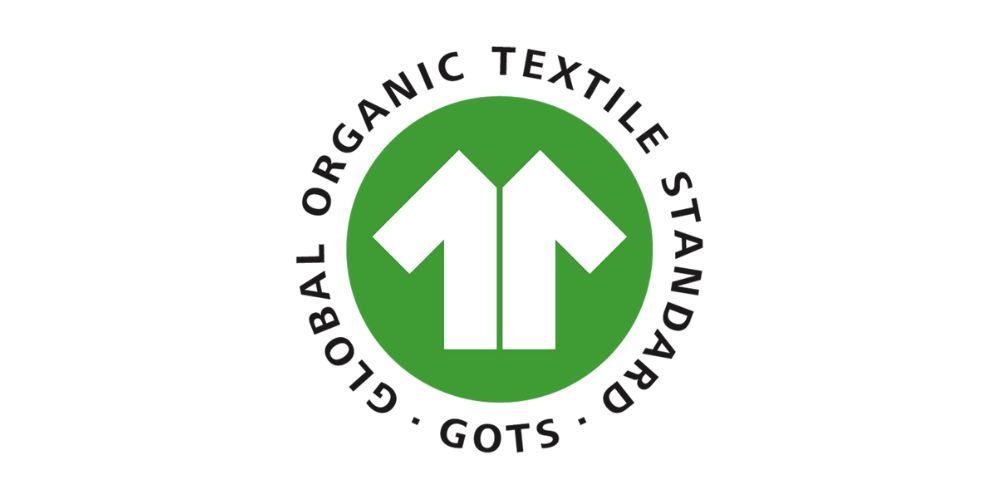
GOTS, the Global Organic Textile Standard, is the worldwide leading textile processing standard for Organic Fibres including Enviromental Criteria, backed up by Third-Party Certification of All Processing Stages.
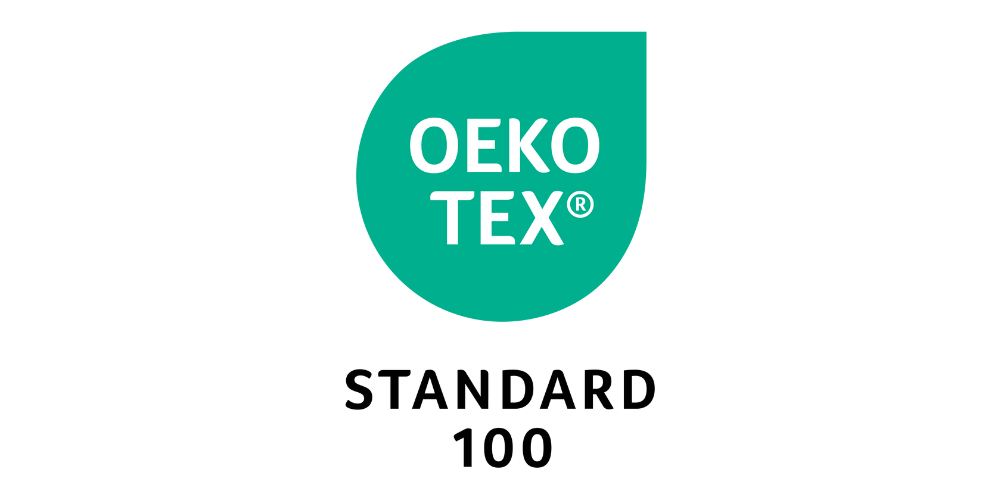
OEKO-TEX® STANDARD 100 is a label for textiles tested for harmful substances. It sets the benchmark for textile safety, from yarn to finished product. Every item bearing the STANDARD 100 label is certified as having passed safety tests for the presence of harmful substances.
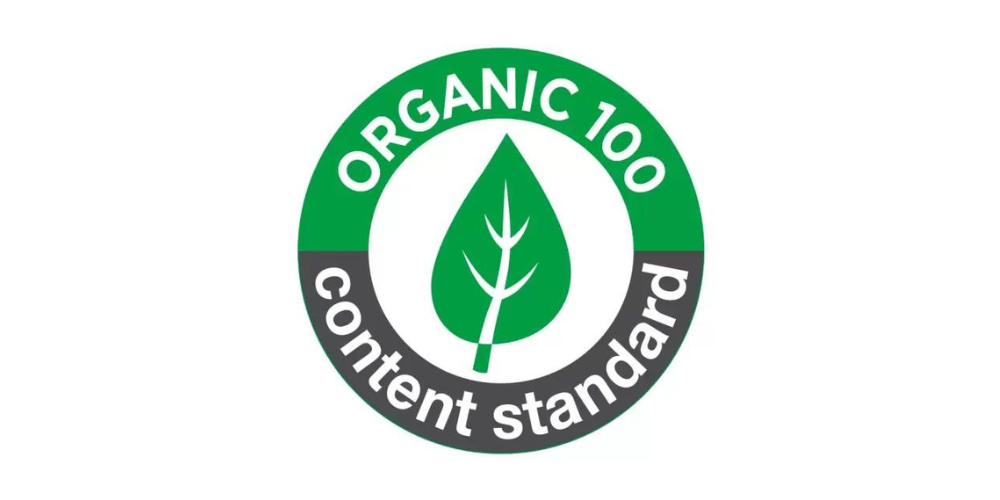
The Organic Content Standard (OCS) applies to any non-food product containing 95-100 percent organic material. It verifies the presence and amount of organic material in a final product and tracks the flow of the raw material from its source to the final product.
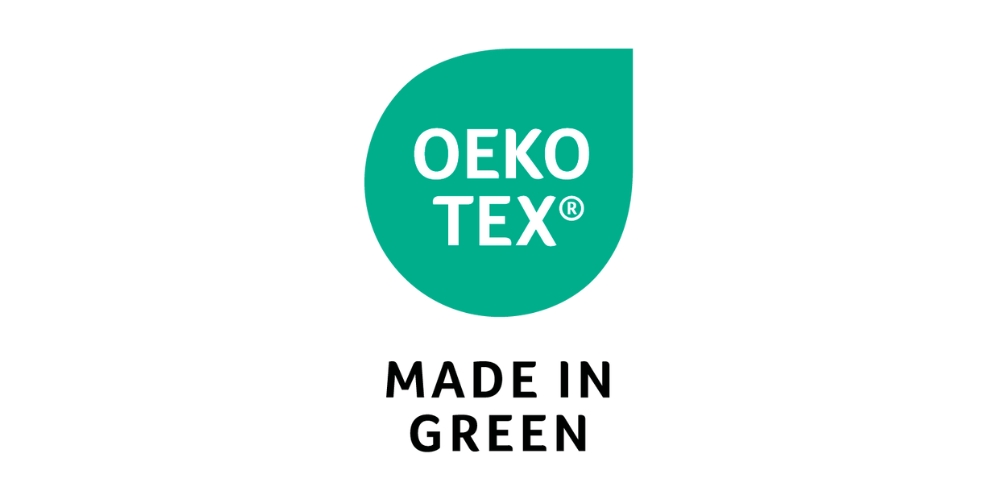
Textiles and leather items carrying the
OEKO-TEX® MADE IN GREEN label are produced more sustainably in socially responsible workplaces. Customers purchase them with confidence that they are traceable and tested for harmful substances. This label supports both better working conditions and a healthier planet.
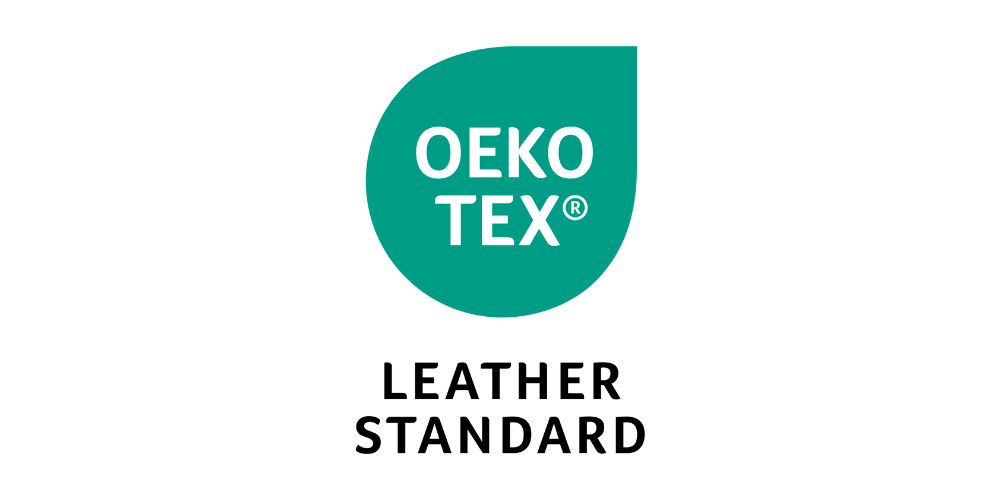
Whether shoes, clothes, accessories or sofas, an item bearing the OEKO-TEX® LEATHER STANDARD label is a better and safer choice. Leather that meets this standard has been scientifically tested for harmful substances.
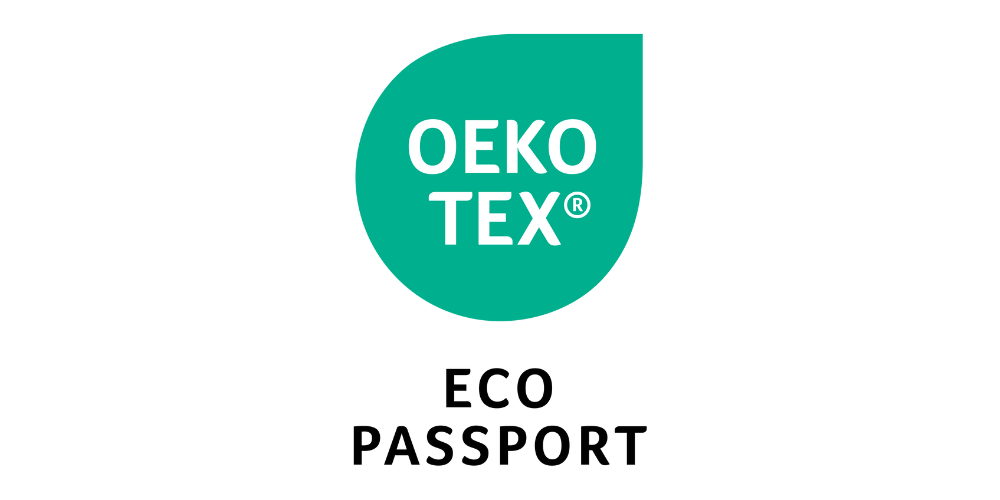
Chemicals, colourants and auxiliaries that meet the OEKO-TEX® ECO PASSPORT standard have been tested and analysed against strict criteria, for a lower environmental impact. By deploying greener chemistry, your company supports cleaner, safer textile and leather products and production.
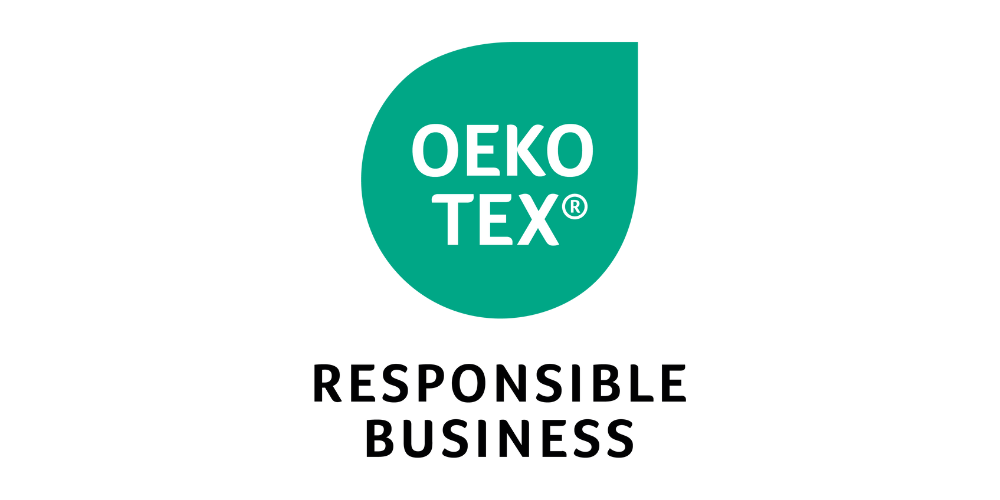
OEKO-TEX® RESPONSIBLE BUSINESS is a management process certification to meet supply chain due diligence requirements in the textile and leather industry. A company awarded this certification is dedicated to practising due diligence, protecting both human rights and the environment.
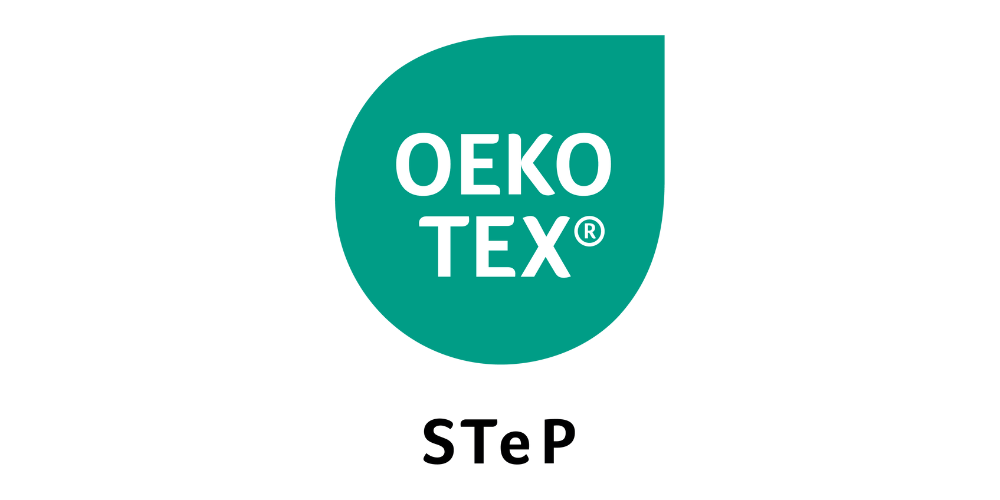
OEKO-TEX® STeP certification sets the highest standards for both social and environmental aspects of textile and leather production, as well as for industrial laundries. This certification is a sign of responsibility towards employees and the environment, and supports a company’s journey towards more sustainable production.
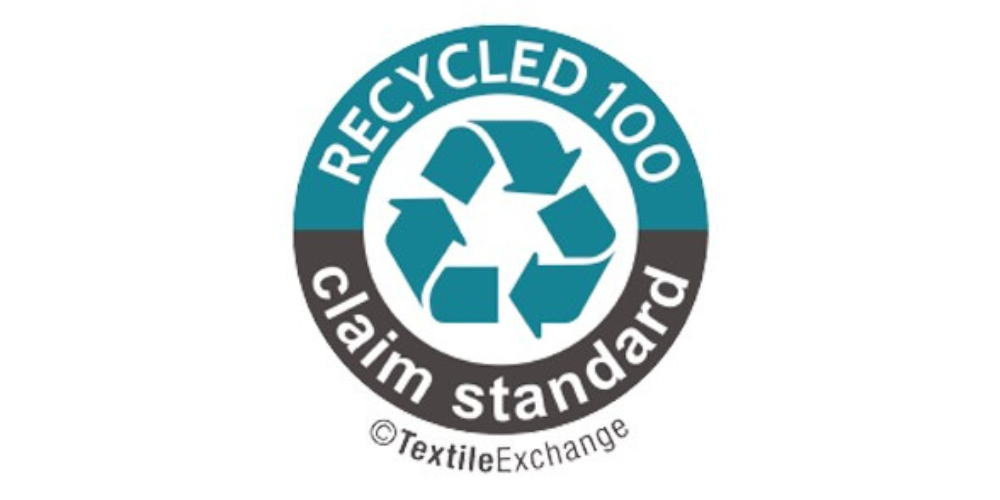
The Recycled Claim Standard (RCS) and Global Recycled Standard (GRS) set the criteria for the third-party certification of recycled materials and chain of custody. The GRS includes a higher (50%) minimum recycled content percentage and additional social and environmental requirements related to processing and chemical use.
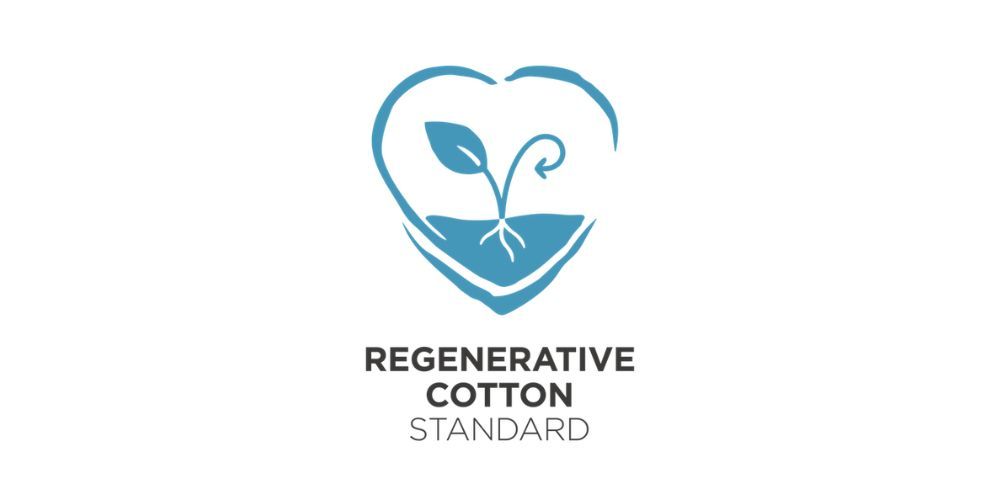

The Regenerative Cotton Standard® (RCS) is a voluntary standard for cotton grown by small-scale farmers using regenerative farming methods. RCS aims to improve the overall resilience and productivity of small-scale farming while adding value to farmland, rural communities, the biosphere, and the quality of life of farm animals.
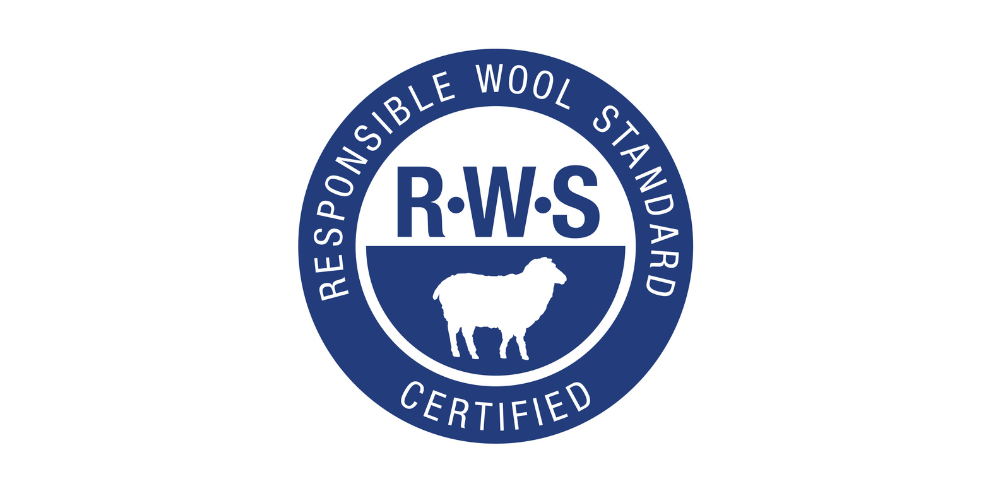
The Responsible Wool Standard (RWS) is a voluntary standard that requires all sites, from wool farms to the seller in the final business-to-business transaction, to be certified. RWS farmers and ranchers are evaluated against animal welfare, land management, and social requirements set in the standard.
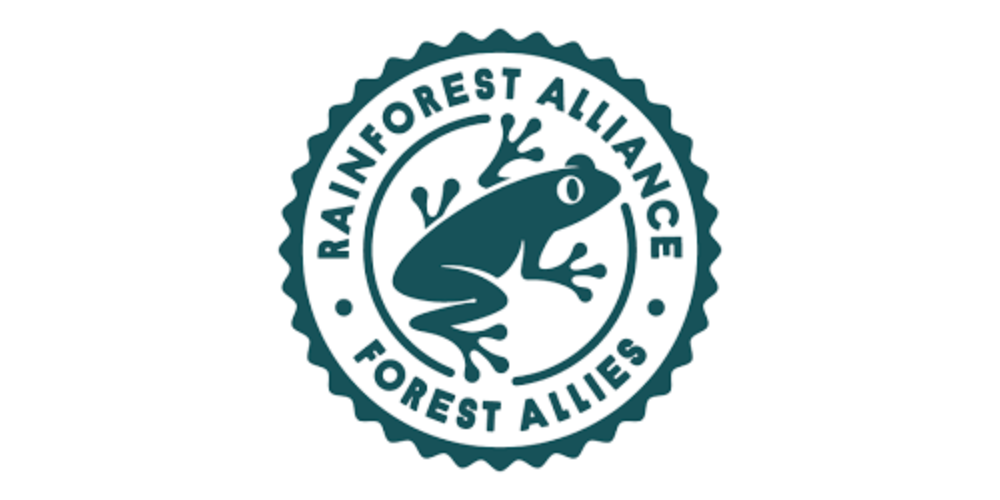
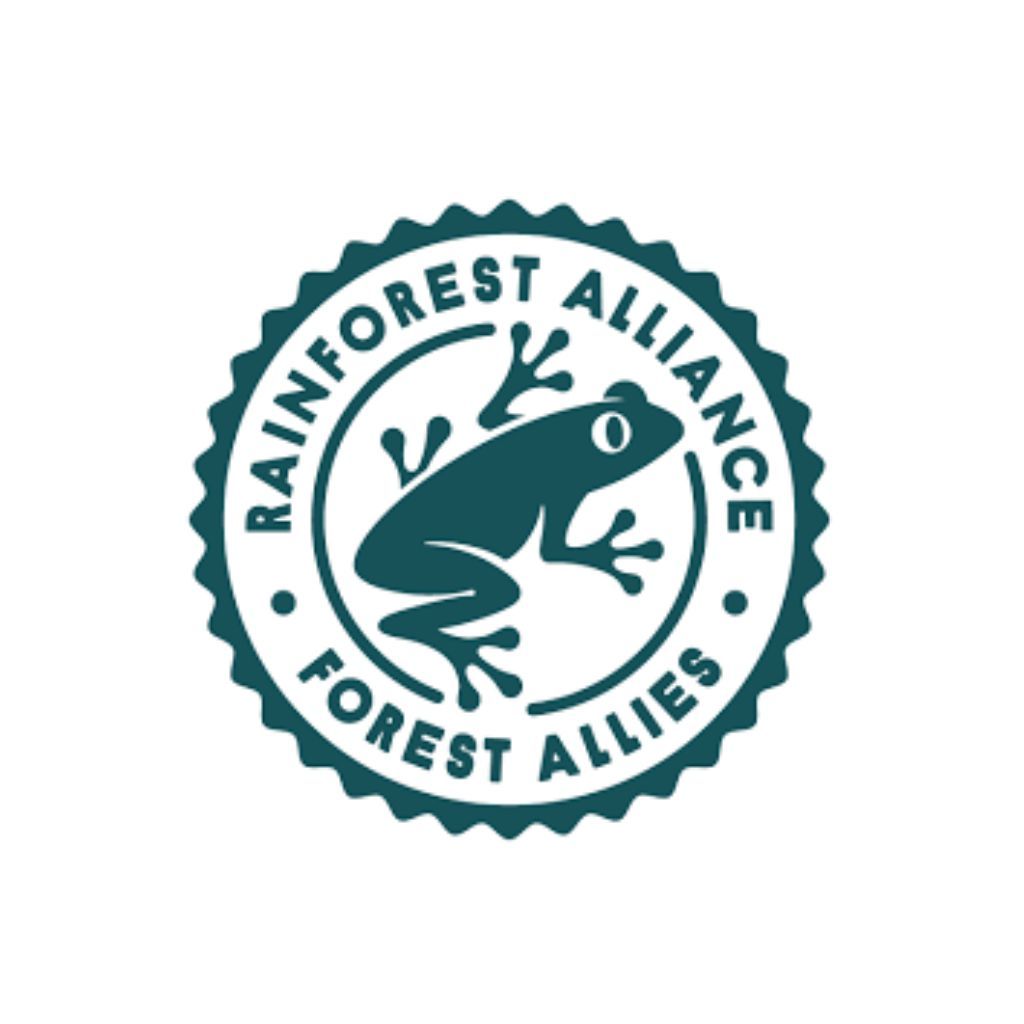
The Sustainable Agriculture Standard, along with its assurance and technology systems, are designed to deliver more value to the more than four million farmers and workers and thousands of businesses that use Rainforest Alliance certification to drive more sustainable agricultural production and responsible supply chains.
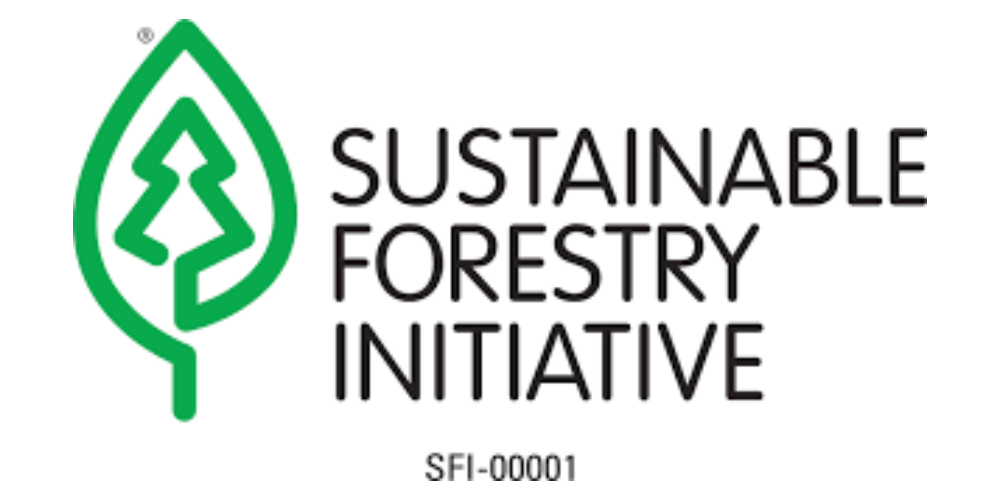
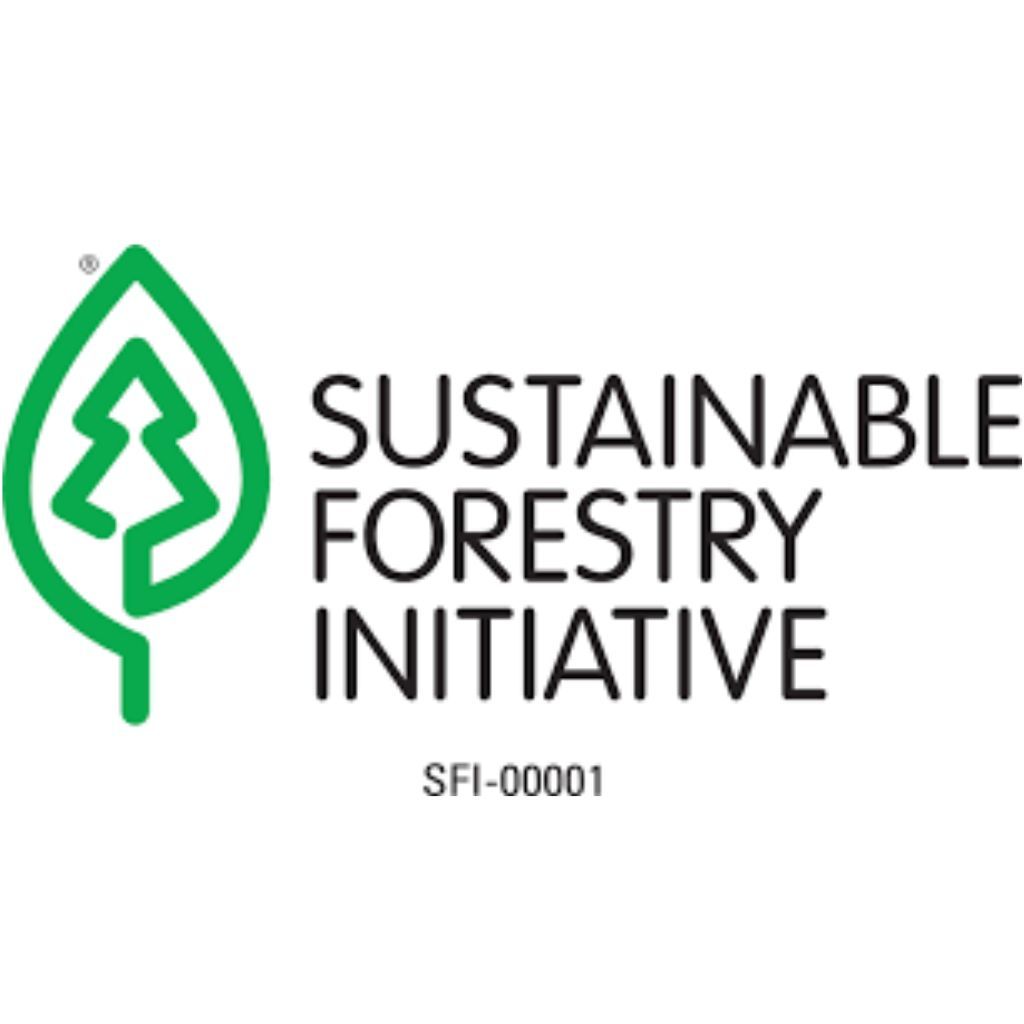
The SFI 2022 Forest Management Standard promotes sustainable forestry based on 13 Principles, 17 Objectives, 41 Performance Measures and 114 Indicators. These requirements include measures to protect water quality, biodiversity, wildlife habitat, threatened and endangered species and Forests with Exceptional Conservation Value.
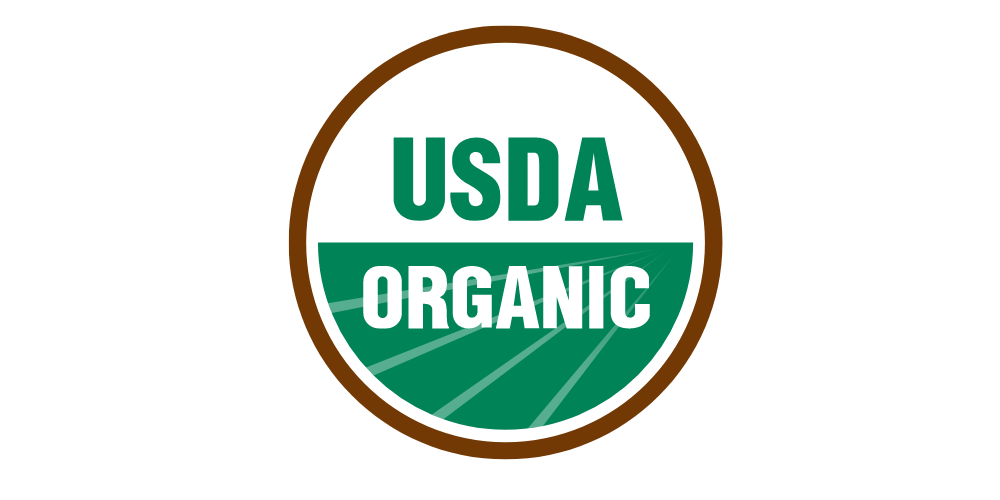
USDA certified organic foods are grown and processed according to federal guidelines addressing, among many factors, soil quality, animal raising practices, pest and weed control, and use of additives. Organic producers rely on natural substances and physical, mechanical, or biologically based farming methods to the fullest extent possible.
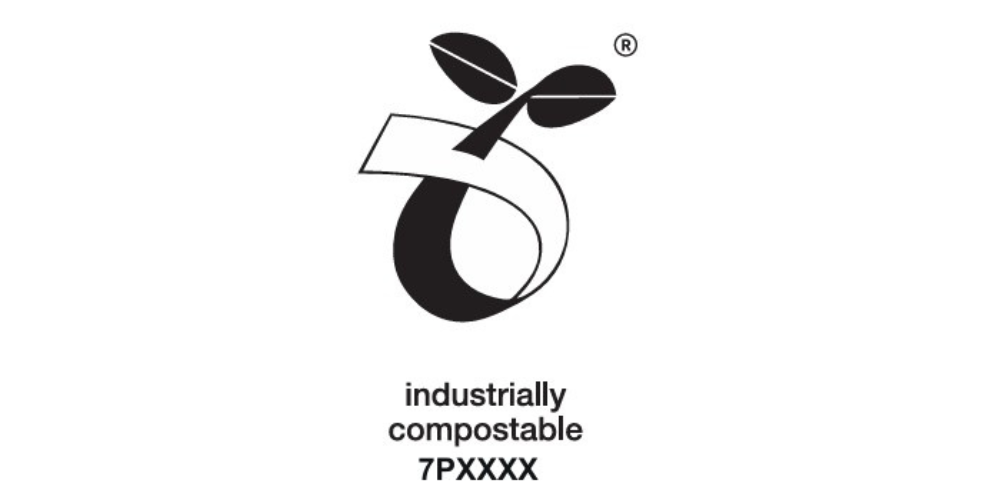
The Seedling is a reliable label for industrial compostability. The logo and the certificate number printed on the product assists in the decision on purchasing and disposing a product (packaging). The certification process is offered by Belgian certifier TÜV Austria Belgium and German certifier DIN CERTCO.
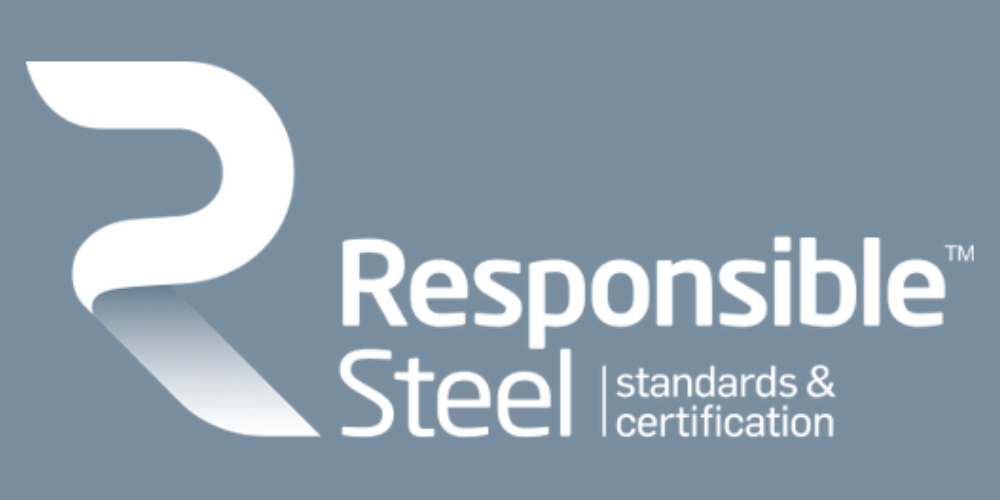
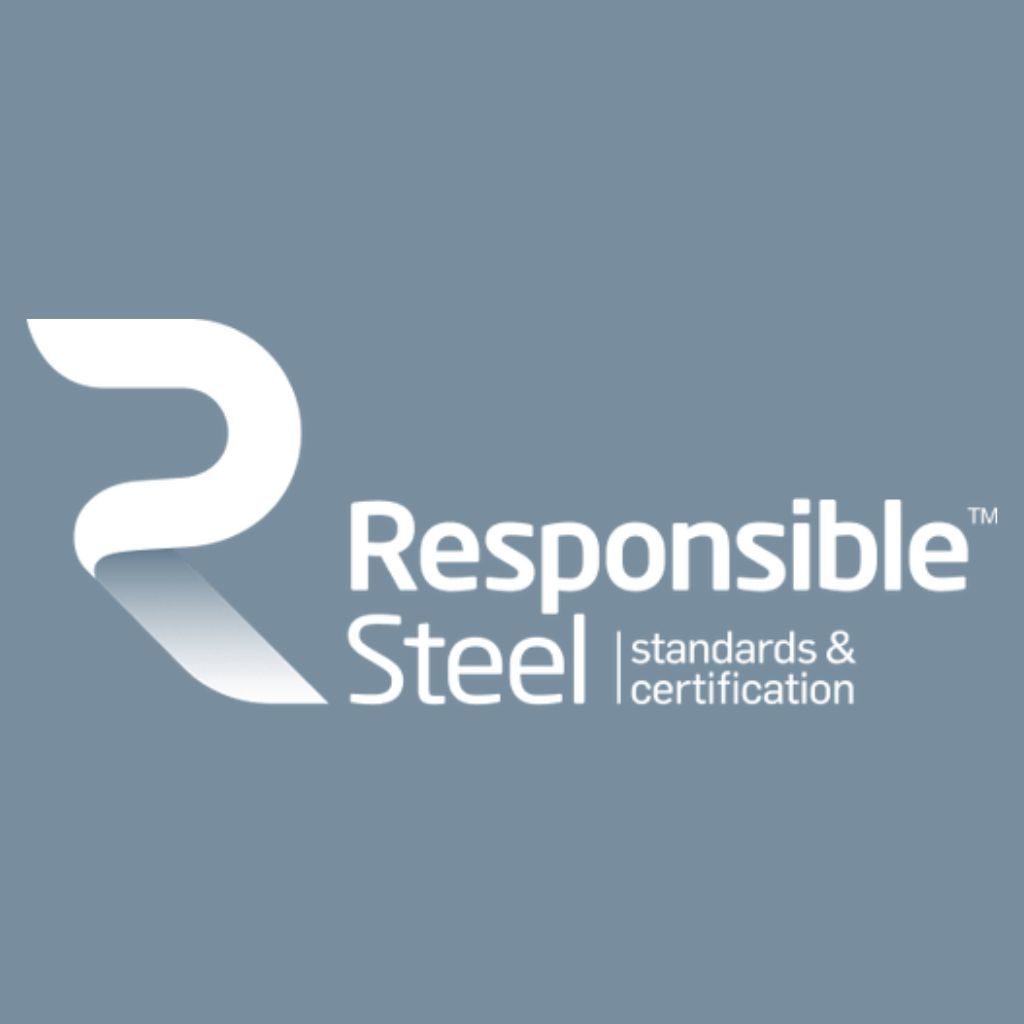
ResponsibleSteel certification combines all the complexities of good social and environmental performance in one indicator across the value chain. Certification gives buyers, investors, and other stakeholders the confidence that a steel site is working to implement some of the most rigorous social and environmental standards in the industry.
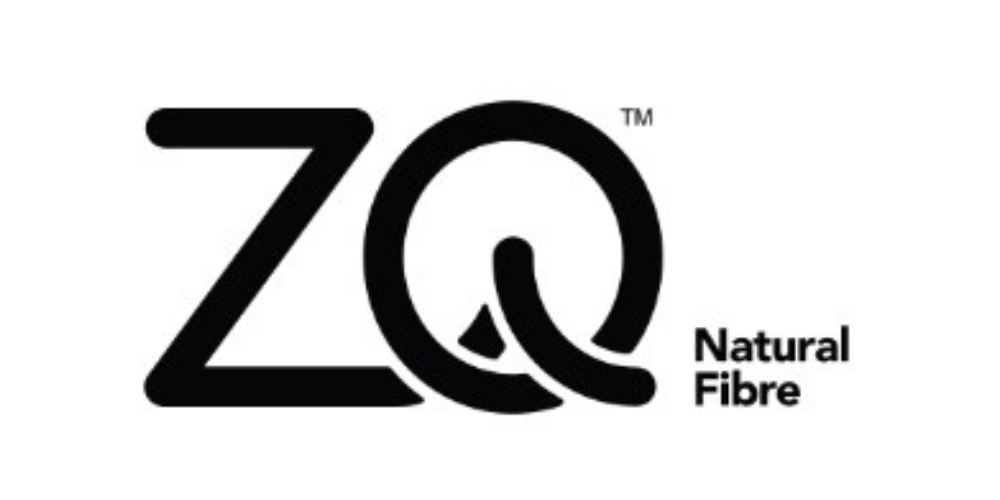
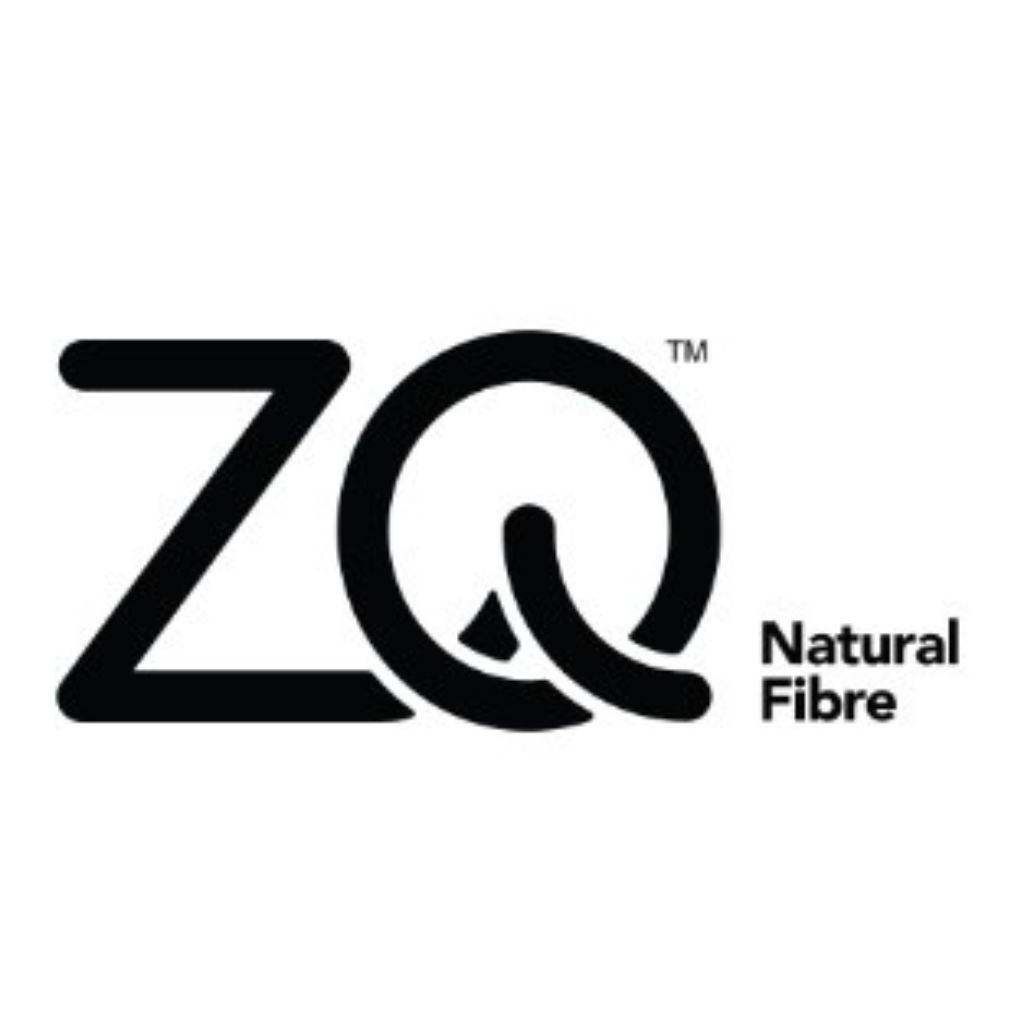
ZQ Merino is a certified 'ethical' wool standard that addresses animal welfare, environmental sustainability, fibre quality, traceability and social responsibility. It covers merino and other wools grown in Australia, South Africa, South America and New Zealand.
GOLFING GREEN
GOLFING GREEN is an affiliate marketing website. We may earn commission from sales made via links from this site.
GOLFING GREEN

